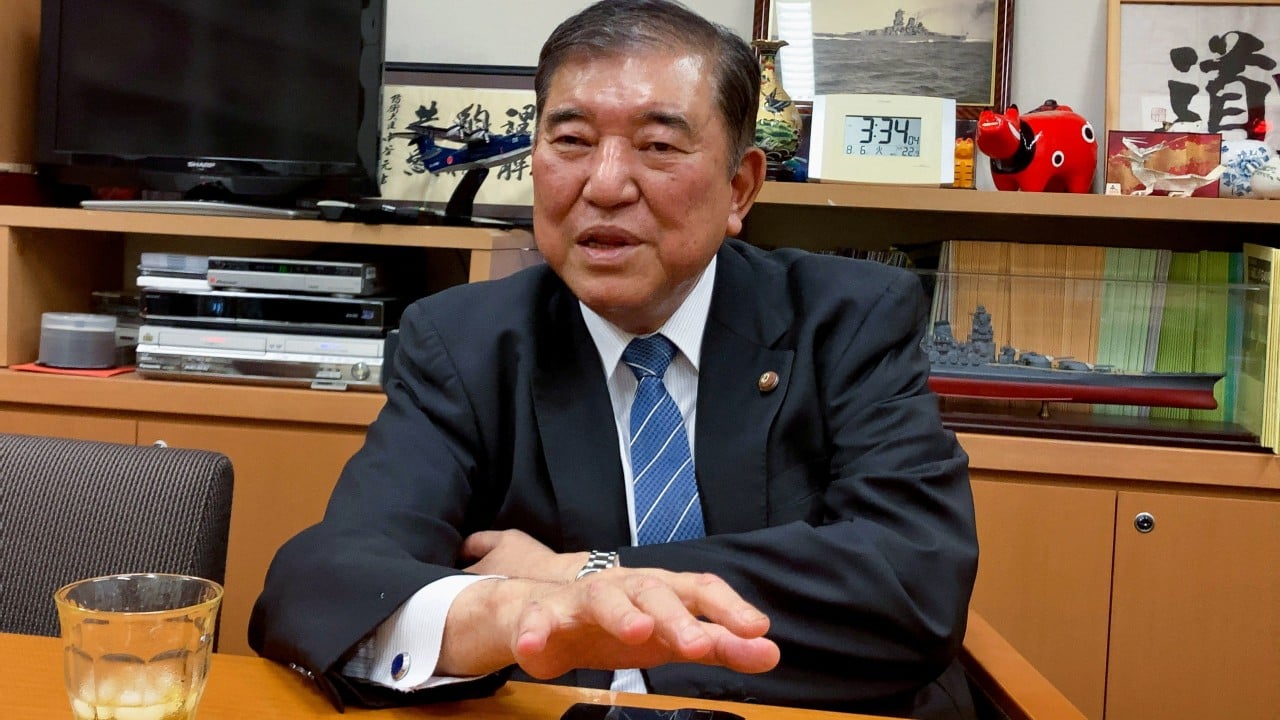– Shigeru Ishiba, a former defence minister, said on Saturday he would run in the ruling Liberal Democratic Party (LDP) leadership election on September 27 that will pick a successor to Prime Minister Fumio Kishida.
Kishida will step down next month, ending a three-year term as leader of the world’s fourth-largest economy.
In a recent interview, Ishiba endorsed the Bank of Japan’s policy of gradually raising interest rates, saying the normalisation of ultra-loose monetary policy could push down prices and boost industrial competitiveness.
Earlier this month, Kishida – who took office in October 2021 – said he was bowing out of the race to pave the way for a new leader to form a united LDP to make a fresh start to regain public trust, badly hurt by the party’s extensive corruption scandal, causing his support ratings to dip below 20 per cent.
Within days of the prime minister’s declaration, local media has speculated about nearly a dozen possible candidates.

Before Ishiba declared his bid, former Economic Security Minister Takayuki Kobayashi, 49, was the first to announce his candidacy.
Others whose names have been floated around as possible candidates include former Environment Minister Shinjiro Koizumi, 43, three of the party’s female veterans, Foreign Minister Yoko Kamikawa, Economic Security Minister Sanae Takaichi and former Gender Equality Minister Seiko Noda, as well as past runners-up, Digital Minister Taro Kono.
Kono, 61, whom Ishiba supported in the previous election, is expected to announce his own intention to run again on Monday.
Each candidate needs support from 20 party lawmakers to run which usually requires time to drum up.
The LDP election committee chief Ichiro Aisawa said on August 20 that his party takes seriously the loss of public trust due to the scandals and that it has set a 15-day campaign period, instead of the usual 12 days, beginning September 12 so voters have more time to study the candidates’ visions and policies.
He also called on potential candidates to make their campaign as frugal as possible, “taking into consideration the public criticisms over money and politics.”
Voters will cast their ballots in a system that divides power between the party’s elected lawmakers and its membership at large, with each group getting 50 per cent of the vote.
Additional reporting from the Associated Press and Kyodo News


